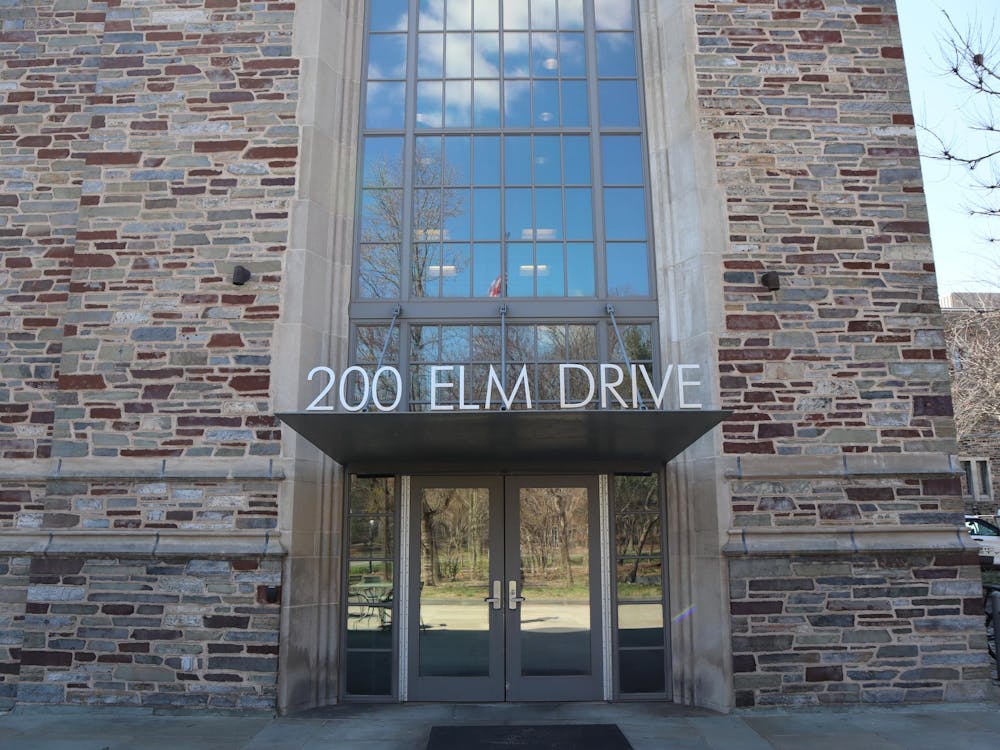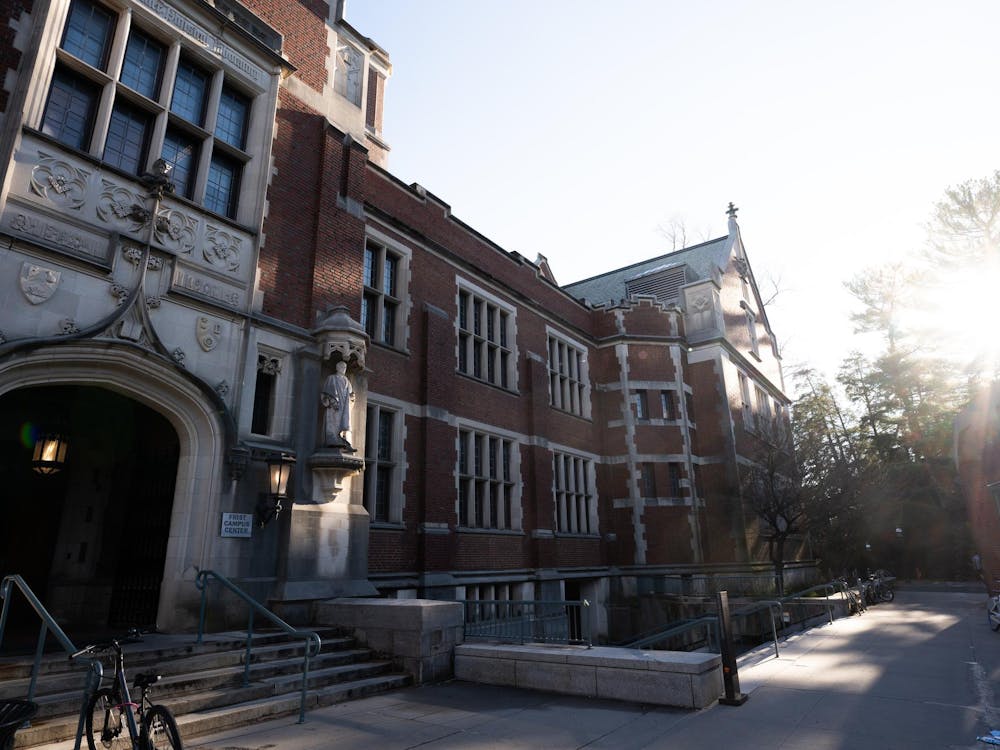Princeton was rated the second-best university for Latinos in the March 2006 issue of Hispanic Magazine, though many students said that the actual presence of Hispanics on campus is much weaker than the rankings indicate.
The magazine's annual ranking of the top 25 colleges and universities for Latinos places Princeton a notch below Harvard, which received the number one ranking, but above Amherst and Yale, which came in third and fourth, respectively.
In February, the Journal of Blacks in Higher Education ranked the University third in attracting African-American students and professors.
The percentage enrollment of Latino students, the percentage of Hispanic faculty and the Hispanic cultural opportunities on campus were among the factors taken into account. A school's selectivity, graduation rates, student-faculty ratio and financial aid programs also shaped the rankings. The article notes that the selected schools are those where students have "taken command of their college experience" and created their own opportunities.
"As you know, the University in recent years has undertaken major efforts to make a Princeton education more affordable for all students," University spokesperson Cass Cliatt '96 said in an email. "While we're pleased to be recognized among many outstanding universities for these and other efforts, it is important to note that rankings cannot reflect whether one institution or another might be an appropriate match for any individual student."
As of October 2005, approximately 6.8 percent of the undergraduate population — 325 out of 4671 total students — was Hispanic, according to data from the registrar's office.
Many students, however, feel that sheer numbers do not reflect the actual presence of Hispanics on campus.
"A lot of Latinos ... actually identify very little with the community," Juan Jose Gonzalez '06, former president of the Chicano Caucus, said. Gonzalez said he believed that including international students from Latin America within these statistics inflates the numbers.
"One of the things that I found very surprising when I first came to Princeton was the lack of visibility of the Latino groups," Maribel Hernandez, a graduate student in the Wilson School who attended Harvard as an undergraduate, said in an email. "Moreover, I was surprised to see that at Woody Woo, there were only two of us of Mexican origin in the first year MPA program. I had to really look hard to find people like me and this was quite shocking."
Some students are also surprised by a lack of Latino faculty and staff members on campus.
"There has been no effort to bring Latino faculty to campus," Gonzalez said. "There is not one Latino professor in the history, politics, or economics departments or in the Woodrow Wilson School, and those are the four biggest majors on campus."
Gonzalez suggested that the Carl Fields Center could perhaps offer more advising and support specifically targeted towards Latino students.

Peter Varela '08, president of Accion Latina, felt that this support could be offered in other forms as well.
"The Black Student Union has the [Leadership and Mentoring Program] for student mentors," Varela said. "Ideally, I'd like to see something like that for the Latino community."
Aimee Contreras '07, president of Ballet Folklorico, the Mexican folk dance group, said she has been pleased with the support her group has received from the University community.
"I think that we've had a lot of positive feedback from the student community," she said. "Performing for international events helps us to bridge the different communities we have here, including the local immigrant community. It is really amazing that Princeton has a dance group like this and that we've received support from the administration."
Contreras has seen the group's membership increase and decrease during her time here but is satisfied with the recruiting they have been able to do this year among new students.
"Sometimes your group can get complacent over the membership it already has," Varela said. "So I recently emailed some freshmen who I thought might be interested in getting involved in the organization, and they were. Everyone was surprised that they were on campus, but we just had to reach out to them.
"I don't think the University should necessarily admit more Hispanic students, but the problem is that once they're admitted they tend to pick other schools," Varela added.
Gonzalez said that he would still like to see more support from other students on campus.
"It is a sacrifice to come here. If you are from a Mexican community from the Southwest, you are in for four difficult years of your life," Gonzalez said. "You have to be ready to not be happy all the time."
"In Princeton, students of Mexican descent are the butt of every joke. There is no real desire to understand our diversity," he added. "Some people just see us only as salsa dancers."
To change this image, Accion Latina is now preparing for pre-frosh weekend, April 20-22, during which they plan to reach out to admitted Latino students and show them the opportunities the University has to offer.
"Basically I was delightfully surprised when I heard about the ranking. Hopefully we can soon be number one," Varela said. "To get there, we need to maintain efforts to reach out to Hispanic students once they arrive on campus."








